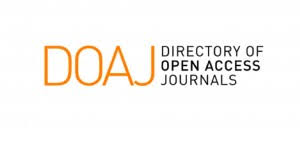THE THOUGHT OF SHEIKH MUHAMMAD ARSYAD AL-BANJARI: THE RELEVANCE OF PRODUCTIVE ZAKAT IN EMPOWERING THE ECONOMY OF SOCIETY IN INDONESIA
Abstract
The thoughts of Muhammad Sheikh Arsyad Al-Banjari significantly contribute to the concept of productive zakat as a tool for community economic empowerment in Indonesia. In this context, zakat is viewed not only as a religious obligation but also as a strategic instrument for enhancing community welfare through providing capital for small and medium enterprises. This research aims to analyze Muhammad Sheikh Arsyad Al-Banjari's thoughts on community empowerment through productive zakat in Indonesia. The study falls under a qualitative descriptive cluster with a literature review; data collection is conducted by gathering previous research related to Muhammad Sheikh Arsyad Al-Banjari's thoughts and productive zakat. Data analysis is carried out through data condensation, data display, and drawing conclusions. The findings indicate that Muhammad Sheikh Arsyad Al-Banjari's thoughts on productive zakat offer a new perspective on economic empowerment in communities. The relevance of this concept is particularly important in the Indonesian context, which still faces various economic challenges. With appropriate implementation, productive zakat can not only be a solution to poverty but also promote community independence and sustainable welfare. Community empowerment through productive zakat is expected to enhance community economies, eradicate poverty, and foster community empowerment. However, the implementation of community empowerment through productive zakat in Indonesia faces obstacles, such as a lack of awareness and knowledge, as well as ineffective management and oversight. This is due to the community's mindset, which is not yet accustomed to productive zakat, as zakat management is typically consumptive or directly received by the community. Therefore, the concept of productive zakat is still not well understood, leading to a lack of trust in zakat managers.
Downloads
Copyright (c) 2025 helly ummi

This work is licensed under a Creative Commons Attribution-ShareAlike 4.0 International License.













